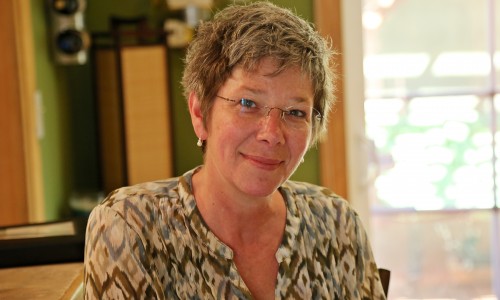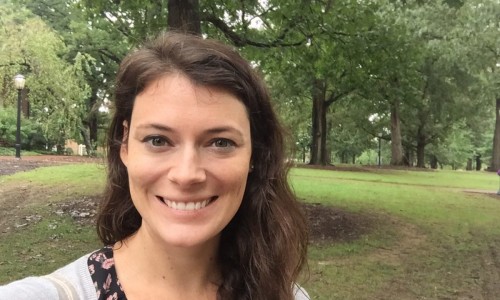Application Resources
Once you have chosen a global experience, you will need to apply for that program as well as any appropriate forms of funding (use our Funding Finder to search for funding opportunities).
At this point, it’s time to craft an application. Your application(s) is like an argument essay. It argues that you’re a good fit for the program or the funding agency’s goals, that you’re likely to be successful, and (in some cases) that you’re more qualified than other applicants. Read about the program and/or the funding source carefully, start early, and get lots of feedback on your application!
Make sure your resumé is up-to-date and organized in a manner appropriate for the application. Consult UNC Career Service’s Resumes and CVs page, and consider making an appointment with them for additional support.
For many scholarships and grants, your application might ask you to convey an initial budget for your global experience. See the Finances page for more information on budgeting.
Oftentimes, you may be asked to write about the places you will visit, the activities in which you’ll participate, and the corresponding value that results. Prior to starting an application, draft a preliminary itinerary of your trip abroad and reflect on how and why it will be meaningful.
Many applications ask that you write either an essay, a personal statement, or a statement of purpose. Pay close attention to the prompt and make sure you convey precisely what you are supposed to. Broadly put, such statements let you show the reviewers who you are, where you’re headed, and perhaps even some obstacles you’ve had to overcome to get where you are today. Depending on the nature of the prompt, you may need to articulate a clear agenda for your global experience as well as your research interests.
Oftentimes, the statement is the most critical part of the application. Use this time to share as many details about your opportunity and yourself as you are able and willing to. Allow sufficient time for drafting and revising. Schedule multiple appointments with the UNC Writing Center if needed.
Most applications will ask for references. For your references, you should choose professors or faculty members that you trust and who know you and can speak positively about your skills. Be proactive and start building relationships with potential references early. If you take a class and like that professor, be sure to visit them in office hours to talk about your work in the class and your future career plans. Keep in touch after that class ends, and consider taking a second class with them. Putting in the work to build strong relationships with faculty and mentors will come in handy when it comes time to ask for reference letters.
If a letter of reference is required, be sure to ask your references six to eight weeks in advance to give them sufficient time to make the submission. It’s helpful to share a description of the experience, and some professors may request additional information like how your skills and interests connect to the opportunity before writing their letter, so be prepared. Again, a meeting in office hours can go a long way!

